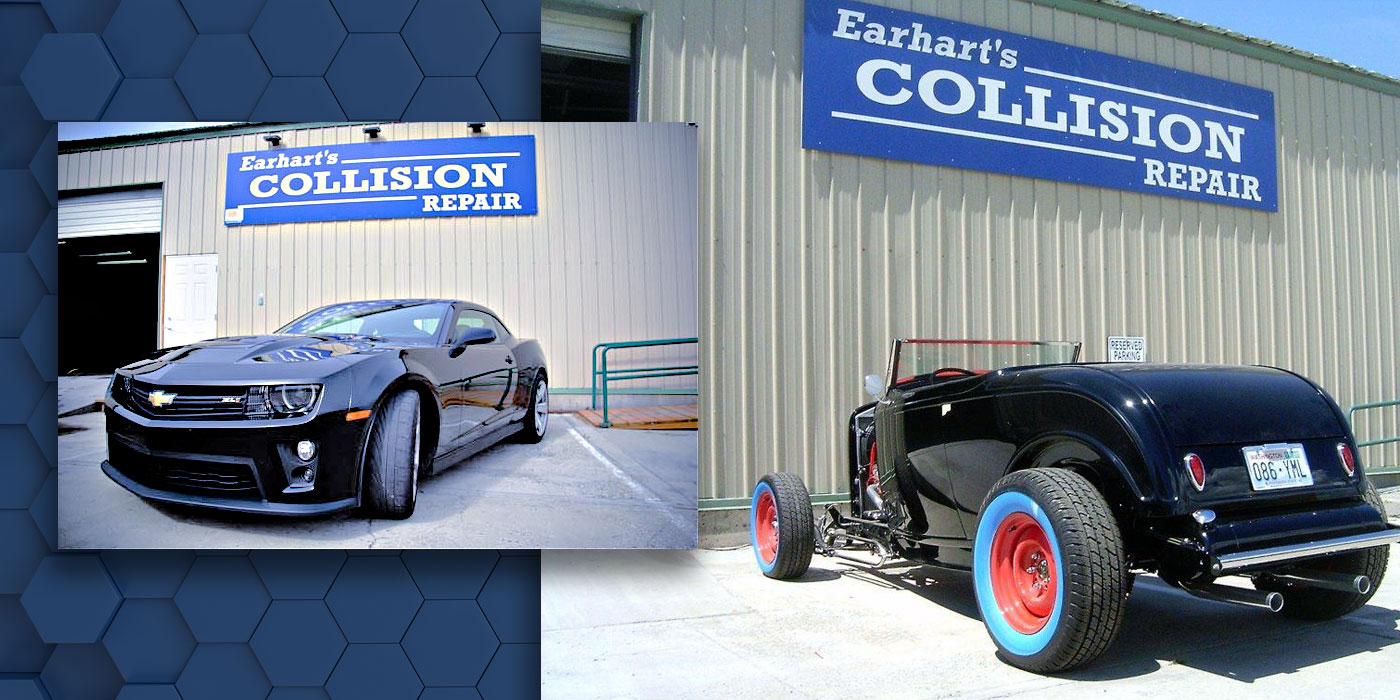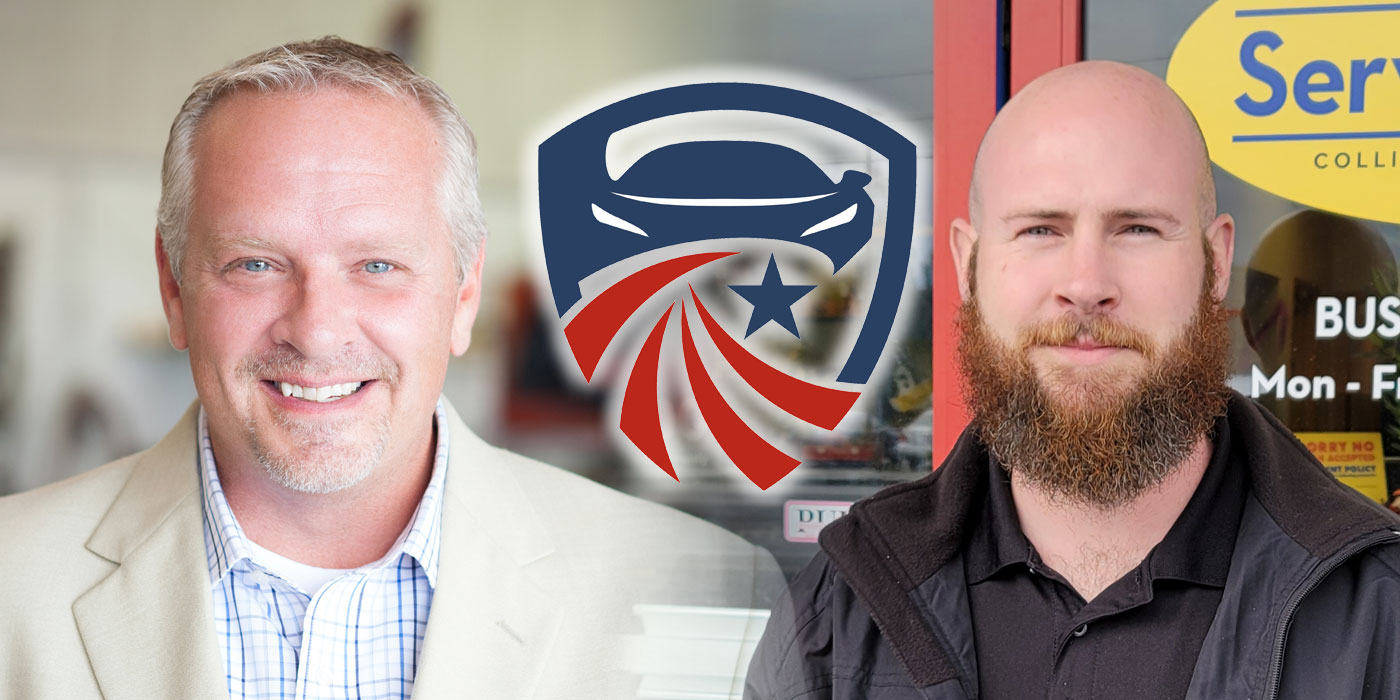In my “Ask The Expert” column in the August 2018 issue of BodyShop Business, I offered advice to a shop owner who said the morale in his shop was terrible.
The morale in most any organization is based on the overall principles and philosophies of its leadership as perceived by those around them. This is referred to as the “culture.” The culture of most any organization is generally set by the organization’s leadership and how their personal and business actions line up with the stated mission or goals. The boss can’t do one thing and expect or allow their employees to do the opposite. The old saying, “Do as I say, not as I do,” just doesn’t cut it in the workplace, especially when the goal should be to provide the highest level of service and quality to others.
A small company’s mission and goals are often based on the moral compass of the company’s leadership. As a business owner/manager, the direction of the needle of your moral compass will set the basic culture and direction for your staff and the path for your company, its conduct and the overall mood and action of its employees.
Improving Morale
A company that treats their employees more like indentured servants than valued team members will likely have a higher turnover rate, more pilfering of its employees by competitors, lower production, more quality-related issues (comebacks) and more customer complaints along with fewer referrals than a company that has a higher degree of employee job satisfaction/enjoyment.
Keeping with the previous article’s references to the medical field, preventive medicine is management being proactive and performing regular health check-ups throughout the company to find out if it there may be symptoms of an illness. That way, they can identify them early and start treatment long before they become a serious problem. This is accomplished by having an open-door policy and by conducting ”house calls” on a regular basis.
A “house call” would be proactively interacting with each team member during the day to see how they and their department are doing – before they come to you. These should be informal one-on-one meetings as well as morning or weekly group meetings.
Owners and managers must be diligent in this task in order to identify any indicators of irregularities in their staff’s behavior. This could be a slight change in conduct, performance, attendance, appearance, a look, comment or anything out of the norm. It’s always best to go to them out of concern before they come to you. I used to feel as though I hadn’t done my job as best I could if I failed to recognize and address a problem before my employee came to me. I felt as though I lost the opportunity to show that I cared enough to recognize something was wrong and address it first. It’s human nature that people will give off signals when things aren’t as they should be, be it work-related or in their personal lives.
I once had a friend, colleague and fellow shop owner who once told me that I spoiled my employees and that, when it comes to employees, “You need to treat them like mushrooms: keep them in the dark and feed them crap now and then to keep them happy.” Understandably, he had a high turnover rate, and in the 15 years I owned my shop, my average employee tenure was 11 years.
Two Environments
Let’s take a look at a couple different environments where the “culture” may differ significantly.
Scenario one is a very busy MSO shop that has a lot of DRPs and therefore views insurers as their primary customers. The corporate mandate is to provide optimum service and efficiency to expedite the repair as much as possible to reduce claims-related cost (e.g. rental car costs, loss of use, administrative costs, etc.). The repair shop is provided certain goals, and their performance is monitored by the insurers and/or MSO through numerous key performance indicators (e.g. RPM, matrix, dashboard, barometer, etc.) based on productivity and cost savings (e.g. use of alternative parts over new OEM).
Their technicians are compensated based on their level of training, experience and abilities, including turning work quickly with low frequency of detected failures and comebacks and perhaps tenure.
Additionally, there is an internal personal drive to be the best among one’s peers as well as to maximize their income, bonuses, job security, etc. As a result, “the race is on” to do more in less time. These efforts often encourage the expediting and/or bypassing of needed procedures and not investing the necessary time to do the best possible repair in an effort to “beat the clock.” This enables the tech to clock more hours and earn more income and bonus money and brag to co-workers when asked, “How many hours did you turn this week?”
I know this shop characterization will likely anger some, however, from many years of managing shops and people, and performing re-repairs and post-repair inspections, and knowing what shop performed the repair and their relationships with insurers, “the proof is in the pudding.”
Scenario two is a shop which operates independently, has no arrangements or agreements with insurers and works for the party who signs the authorization for the repair (which is the legal definition, in most states): their local community member, whether it be an individual, company or fleet.
If and when an insurance claim is involved, the independent repairer views dealing with an insurer as a mere courtesy extended as a courtesy to their “customer.” The repairer prepares a comprehensive damage repair assessment listing all labor, quality parts and materials they deem necessary to perform a proper and thorough repair that meets the manufacturer’s specifications for fit, finish and function (post-repair crashworthiness) to the best of reasonable human ability.
Like scenario one, the independent shop’s technicians are also compensated based on the work performed. However, quality is first and foremost as they are held to high-quality standards throughout each phase of the repair. The only peer pressure they’re under is to not have any returns. So the repairer provides a high level of quality workmanship and customer service, and their business grows due to lifelong word-of-mouth referrals and a good reputation within their community and the market areas they serve. The shop and its staff take pride in the service and offerings and the company they work for. They work as a cohesive and enthusiastic team to meet the company’s mission of providing the highest level of service to their customers, repairing their damaged vehicles and also restoring their peace of mind.
While both of these types of shops are in the business of repairing damaged vehicles to the point where they avoid liability, the main difference is each shop’s overall priorities and internal culture. One is all about production, volume and money (doing more for less while hoping for no returns) and individual reward, whereas the other is about quality, service and pride (value and confidence in a job well done), fully anticipating reasonable compensation and profit for their efforts with no complaints, returns or exposure to unnecessary liabilities.
One works at a hurried pace with selfish goals, while the other works at a consistent, steady and assured pace, paying attention to detail and providing the highest level of service and quality.
Which scenario provides the highest level of pride and confidence in a job well done? Which company offers the more appealing work environment in which most quality-oriented employees would rather work?
Which company’s leadership shows their concern for the welfare of their employees and the customers they serve?
Which company has a culture that you would like to have in your shop?














